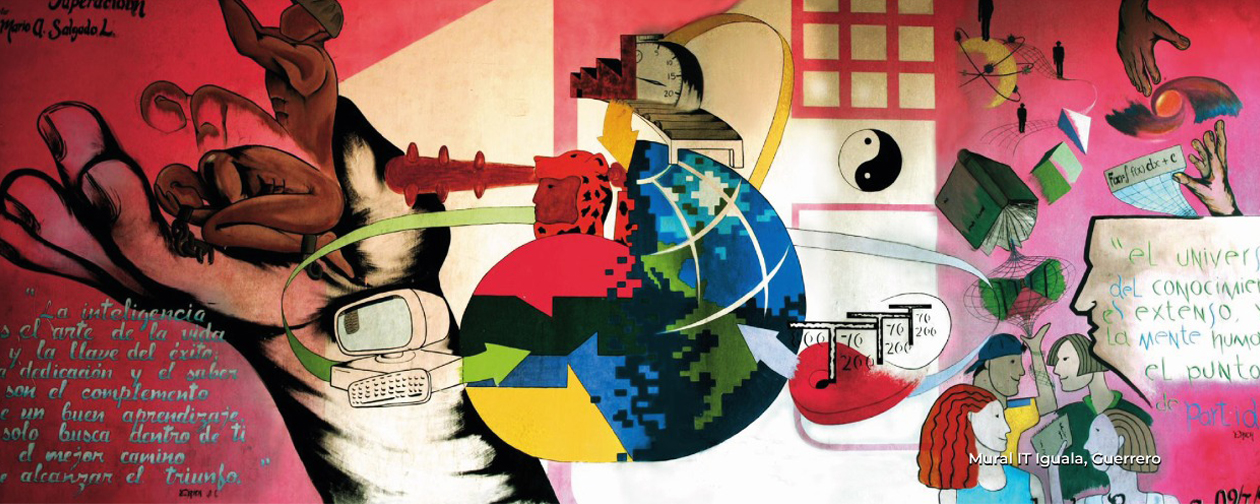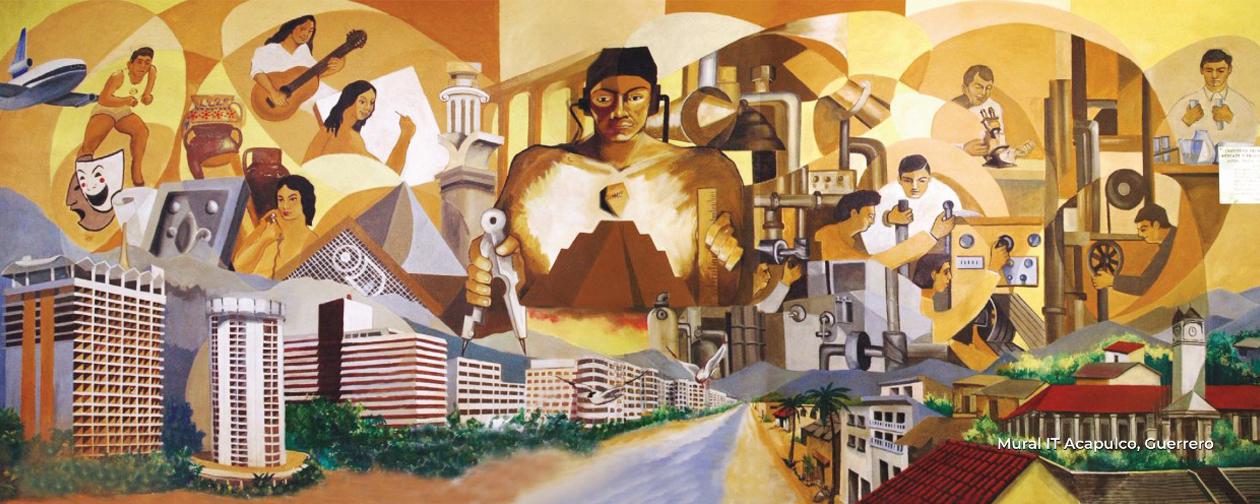
Please use this identifier to cite or link to this item:
https://rinacional.tecnm.mx/jspui/handle/TecNM/6133| Title: | Modelación numérica de una habitación con una ventana con cubierta de material de cambio de fase |
| Authors: | Che Pan, Miguel Angel%814764 |
| Issue Date: | 2023-08-31 |
| Publisher: | Tecnológico Nacional de México |
| metadata.dc.publisher.tecnm: | Centro Nacional de Investigación y Desarrollo Tecnológico |
| Description: | In this research work the study of the thermal performance of a PCM shutter implemented in a window and how it affects the temperatures inside a room was carried out. A hybrid mathematical model was used to perform the evaluation where the mathematical model of the proposed wind ow with the phase change material shading was solved using computational fluid dynamics wh ereas the mathematical model of the cavity representative of the room was developed by means of global energy balances. The proposed system was subjected to the climate conditions of Mérida Yucatán in the Mexican Republic and the obtained results were compared against a conventional window thermal performance. For the study, the warmest and coldest day of each month of the year were selected to model the proposed syst em. The starting time for the simulations were between 05:00 to 07:00 hours and they extended up to 24:00 hours . It is worth mention ing that the starting hour of the simulations varie d depending when the solar radiation start ed in each of the selected days . It was carried out this way to reduce the computational time load, and because at hours without solar radiation at the beginning of the day, variations in the ambient temperature are not significant. However, at hours without solar radiation during the n ight, the simulations continued in order to verify the effectiveness of the delay in the thermal inertia caused by the use of the PCM shutter. The results showed that the behavior of the temperatures of the window with the PCM shutter compared to those of the conventional window, as well as the temperatures inside the room; were very similar regardless of the season of the year or whether it was the hottest or coldest day of the season . For all the analyzed days the heat fluxes showed a tendency to be linea r when the PCM shutter was implemented, preventing the energy from flowing towards the outside ambient, provoking a rise in the temperatures in the inner surface of the window and in the room. Therefore, it was concluded that: the PCM shutter alone cannot benefit the temperatures i nside the room since the rest of the room envelope elements showed higher temperatures than the window system for all the analyzed day and in both cases under study. However, because of the thermal storage capability of the PCM, although it raised the temp eratures in the room and inner surface of the window, it shows to be a promising implementation as a shutter since it did reduce the total heat fluxes by around 87%. Therefore, its adequate implementation is worth to be further investigated. |
| metadata.dc.type: | info:eu-repo/semantics/doctoralThesis |
| Appears in Collections: | Tesis de Doctorado en Ingeniería Mecánica |
Files in This Item:
| File | Description | Size | Format | |
|---|---|---|---|---|
| DM_Miguel_Angel_Che_Pan_2023.pdf | Tesis | 9.75 MB | Adobe PDF | View/Open |
| DM_Miguel_Angel_Che_Pan_2023_c.pdf Restricted Access | Cesión de derechos | 789.21 kB | Adobe PDF | View/Open Request a copy |
This item is protected by original copyright |
This item is licensed under a Creative Commons License





